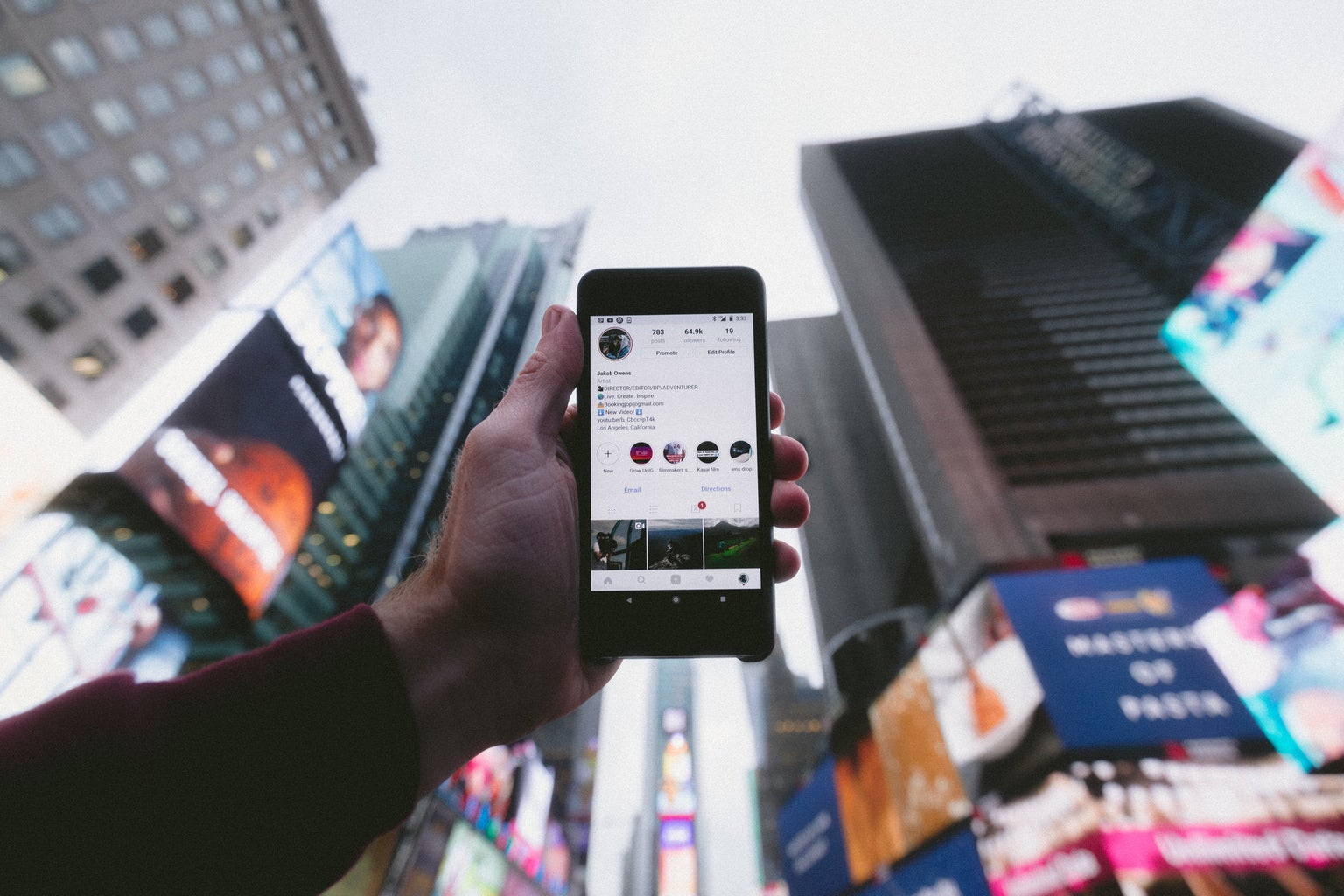I often have this dream where I’m sitting in a chair, boxed in by tall walls painted bone white, and I’m thinking about how I’ll be stuck in this place forever. It’s a waiting room—I know this because there are other people here with me, legs crossed and heads buried in the decrepit magazines that’ve been collecting dust on the coffee tables since the beginning of time. Or maybe since 2004. It’s hard to differentiate the two.
I feel small here, a kid once again with my head swimming in the mono-yellow fluorescents. The familiarity of it all would almost be a comfort if not for the feeling of suspense that creeps in and under my skin, almost as though the rest of the room knows my fate—like they’re waiting for the other shoe to drop, yet they’re unable to acknowledge it. I wonder to myself whether this silence was a response from fear, or perhaps it was just me overanalyzing their detachment from the situation. A disembodied voice behind the desk calls my name but I can’t move. Paralyzed in my position, I muster the courage to turn and look at the faces peering over the tops of magazines, a dozen pairs of knowing eyes I can’t help but recognize. Then I wake up.
This dream is a backrooms-esque hellscape that crawls its way out of the cobwebbed corners of my mind. The women in my family dabble in dream interpretation and when I told them of my own little curse over tea, my nana said it was because I’m scared of it.
“Of what?” I asked her.
“Of letting people know you.” she said. “All of you.”
I’m not the first person to express such profound horrors. Hell, I’m not even grouped in with the first hundred thousand. Only allowing people to see select versions of yourself is a concept that has grown in popularity over the years, bleeding into social media through Instagram captions constructed of poem excerpts or tweets talking about “the people you just vibe with” (whatever that means). However, because social media is full of carefully crafted displays of “the self”, this authenticity rarely translates well. Everyone may hate Facebook, but I find it to be a comical relief from the crafty tactics of other social networks, simply because it’s too busy being populated by moms and their poorly cropped minion memes.
Tim Kreider wrote an article for the New York Times detailing a similar idea, specifically the anxieties that come with wondering what other people say about you in private. In it, he penned the sentence: “if we want the rewards of being loved, we must submit to the mortifying ordeal of being known”. It’s a killer line deserving of praise for its splashy phrasing, but instead the internet found hilarity there. An outpouring of memes were entrusted with this delicate knowing, and Kreider lost autonomy over his one-liner. Don’t get me wrong, I too can have a good laugh over these memes, but that doesn’t mean their origin shouldn’t be discussed with full sincerity.
Honestly, Kreider was right: being known is terrifying. Giving yourself to another person—piece after piece of the good and the bad, of the ugly and the beautiful—is no tiny feat. The process is similar to the ebb and flow of the tide; someone will reach out like a wave crashing against the shore, and if you let them, they’ll pull away with a part of you cradled in the cusp of their palm. Then it repeats.
Perhaps you’ve experienced a relationship like this before, where there’s a natural progression of the give and take. This type of bond reminds me of many I held in high school, where it’s not overly complicated to achieve due to the heavily encouraged close knit environment and the absence of esoteric-like drama. Trust is tossed around like an aux cord that plays your most private playlist, and at this point you don’t really mind if anyone listens.
It may get harder in university—I know it did for me. Venturing from your shoreline, a whole new ocean opens up and you’re left wondering how the hell you’re going to do this all over again. New people, new experiences, and the same skin housing the ever-changing you. Some faces will become familiar and passing alliances will form, but those people will never truly get you like *insert name here* who decided to go to school on the other side of the province/country/world.
Then one day you’ll be in a lecture, or the library, or a club (which you weren’t all that sure about attending), and someone new will come along with all the grace of a tidal wave. It’s normal to see someone and be engulfed in the urge to be their friend. A friend crush is very real and vibrant—like falling in love with a person without the romantic infatuation. It’s a splendidly human thing to yearn for that connection, and with that usually comes the desire to show them the part of you that you so rarely put on display.
The great thing about this expanding ocean is that you not only get to explore it and form connections in the undulation, but you also get to discover more about yourself. The new camaraderies and experiences help wash away the fears that’ve mummified you into this version that no longer fits. We’re all on our own journeys of self-discovery, and learning to lean on each other and share the parts we’ve kept hidden can bring us closer together. That line of communication can spark true friendship as well as allow us to express who we are freely with others. You meet someone, you see them, and you want them to see you too.
The last time I had that dreaded dream it began the same way it always does, the uneasy feeling in my stomach growing as time falls away. Then suddenly, my name was called and I was able to stand. I looked around at the other people, but now I recognized my friends’ faces looking back at me, and I reveled in knowing them and in them knowing me.
So let yourself be known; piece by piece, ebb and flow. It’s one of the most beautiful things we can do, for ourselves and for others.






